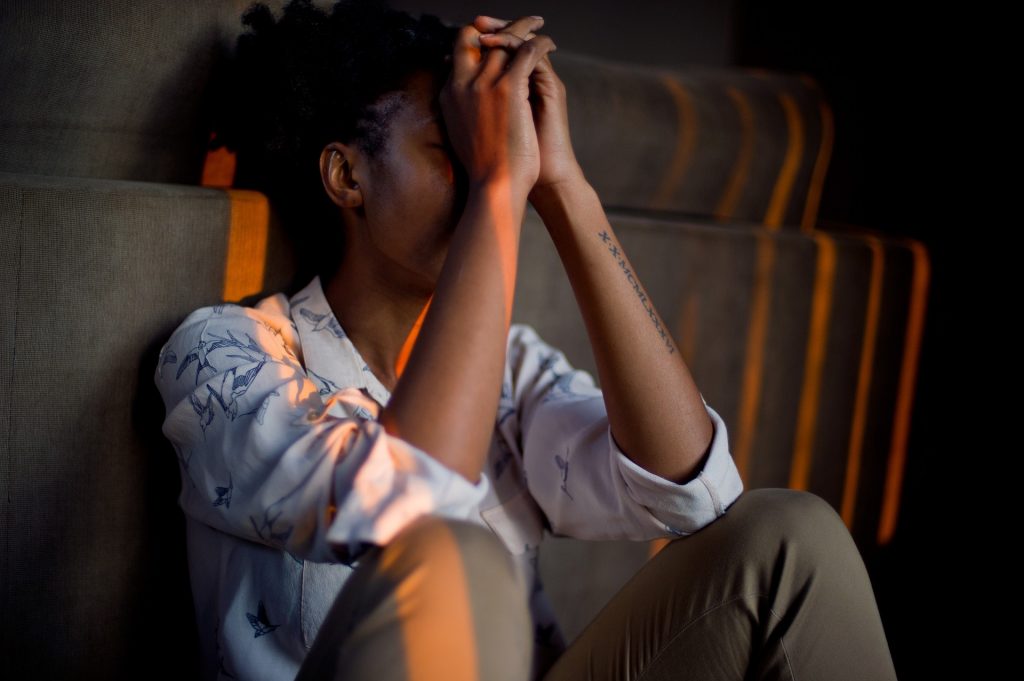
A criminal domestic violence case can be particularly perilous for a client. Criminal domestic violence cases are initialed in different ways, either by arrest, summons, or warrant. If the subject of the crime is present at the scene or nearby, the police will usually make an arrest. If the subject has left the scene, the police will forward the report to a detective or the State Attorney for a letter arrest, a warrant, or issuance of a summons if the crime is a misdemeanor.
Domestic violence crimes are practically any crime committed against a family member or relative.
Usually, crimes involve misdemeanor or felony battery and assault but can involve other crimes. Domestic crimes carry harsher penalties and sanctions than other non-domestic crimes.
A conviction for a domestic crime can have consequences other non-domestic crimes may not have such as the ability to obtain housing, employment, licensing, and other rights. It is important to have an experienced Miami Domestic Violence Lawyer on your side as soon as possible after the incident occurs.
You Miami Domestic Violence Lawyer can not only protect your rights at the time of arrest but can best work to protect your freedom and liberty after the arrest or the filing of formal charges.
When an arrest occurs for a domestic violence crime, all defendants must see a judge before they can be released. You can not bond out of jail before seeing a judge. At a bond hearing or first appearance hearing, if a judge determines there is probable cause for the arrest, and they almost always do, the judge will issue a Stay Away Order. The Stay Away Order prohibits contact between the defendant and the alleged victim. If the defendant and the alleged victim lived together, the defendant will not be allowed to return to the home. The just will also determine a bond amount or may release the defendant on their own recognizance.

What if a victim does not want to press charges?
Often, when a domestic violence arrest occurs, the victim will inform the police that they do not want to press charges. Florida law allows the police to make an arrest even if the victim does not want to press charges or refuses to press charges. Likewise, Florida law allows the State Attorney to prosecute a domestic violence case without the victim’s cooperation.
As you can see, a criminal domestic violence case can be difficult to maneuver through without the assistance of an experienced Miami Domestic Violence Lawyer. Add to that a domestic violence injunction case, a divorce or paternity case, or a DCF case, or all of them, and you have the makings for a real mess.
Be smart, have Your Miami Domestic Violence Lawyer on your side from the beginning!
Return to our Main Domestic Violence Page here.